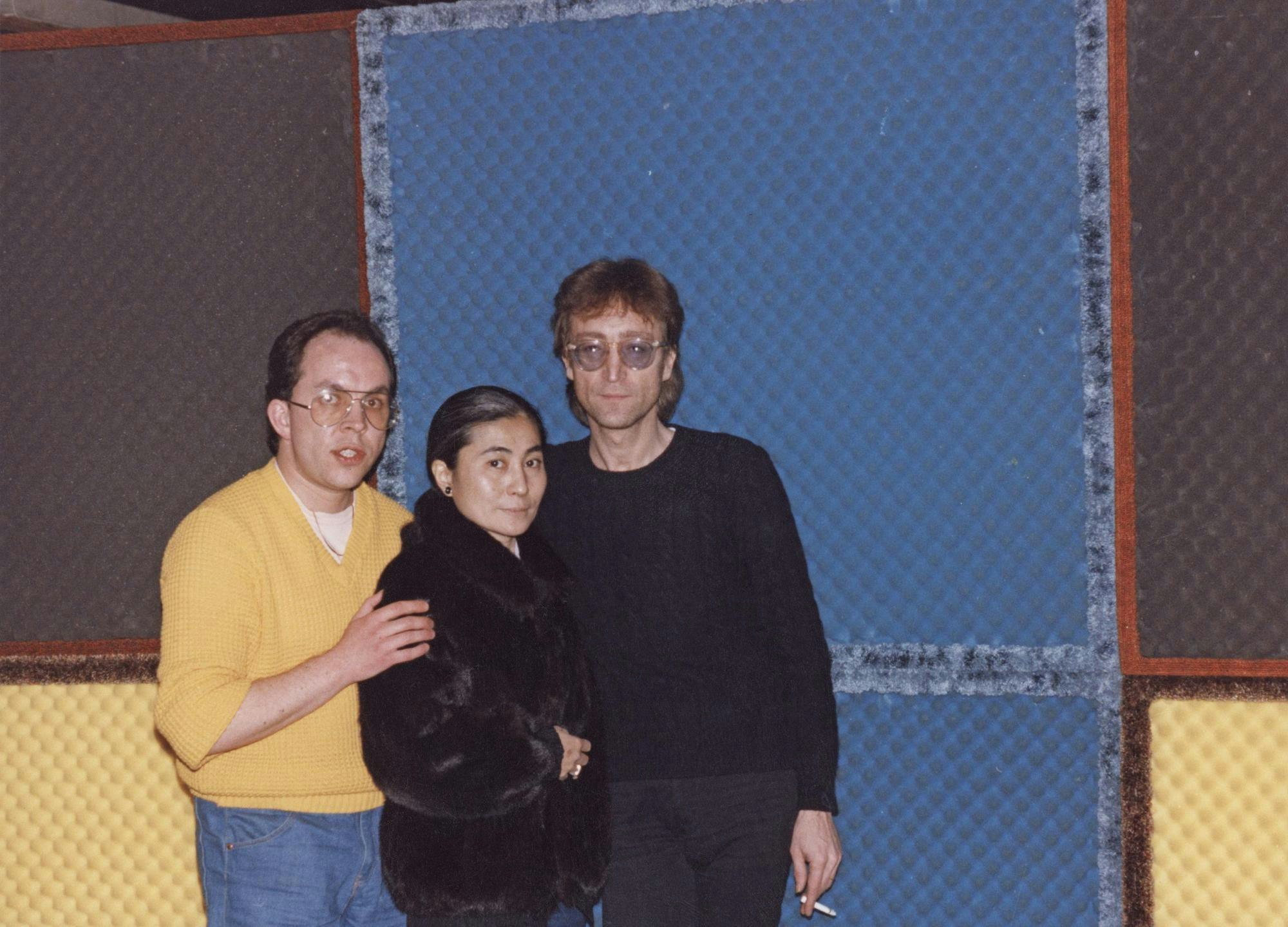This article is taken from the May 2025 issue of The Critic. To get the full magazine why not subscribe? Right now we’re offering five issues for just £10.
Andy Peebles was best known as the last person to interview John Lennon, two days before the songwriter was slain outside his Manhattan apartment in December 1980. It was the first thing people brought up when the disc jockey died recently at the age of 76.
By one of those quirks beloved of obituarists he lived in Blackburn, the mill town Lennon referred to in “A Day in the Life” — “four thousand holes in Blackburn, Lancashire”, words prompted by a newspaper headline. A Londoner by birth, Peebles adapted easily to life in the County Palatine and spent many happy summers covering red rose cricket for local radio.
At the heart of his professional life was a 14-year association with Radio 1, a station which had more significance in 1978, when he joined, than it has today. A DJ in the station’s early days was granted membership of an exclusive club, which is why Lennon gave the interview.
It is only fair to disclose an interest. I knew Peebles well for more than three decades, and we shared dozens of pleasant days at the cricket. Three weeks before his death we swapped tales of a mutual friend, Patrick Barclay, the football writer, who had died. “Peebs” was on good form, shaping the conversation, as he usually did, to take in matters beyond sport.
He had a broader hinterland than one might expect from a DJ, though he would claim he was much more than a spinner of discs. His musical interests were wide and deep. He loved choral music, and he knew his English composers as well as his cricketers and rugby players. He was a well-rounded man.
Listeners to Piccadilly Radio in Manchester and Radio 1 knew him principally as an enthusiast of black music from the Sixties. He was a “soul man”, on good terms with members of the famous American groups — though he did not care much for Northern Soul, which he saw as a tributary of a river rather than the river itself.
Set up in 1967, to ward off the threat of so-called pirate radio, Radio 1 was the BBC’s first attempt at pop. The producers assembled an odd bunch of presenters, some of whom became well known. Tony Blackburn, still with us, had a special place in the hierarchy, but who now remembers “Emperor” Rosko, Stuart Henry and Paul Burnett?

People remember Alan “Fluff” Freeman, of course. The camp Aussie sent himself up something rotten with his catchphrase: “Not arf!”. They remember Noel Edmonds, in his pre-telly days, and John Peel, who became a fixture on Radio 4. Dave Lee Travis, whose charms were less obvious, was “the hairy monster”, and Simon Bates was for years the king of the morning. Paul Gambaccini began on Radio 1, too, though he was cut from a different cloth, being a college-educated American.
There was also Jimmy Savile, whose wicked deeds, we are asked to believe, were familiar to those who observed him at close quarters. When his unspeakable corruption was acknowledged after his death in 2011, I asked Peebles what people really knew about their colleague’s criminality: “To be honest, not much more than outsiders. We heard rumours, but none of us knew him well because he didn’t spend much time with us. He was never part of the team. But there’s no doubt the producers must have known something.”
What a different world it was. When Radio 1 took itself off to the seaside in July and August for its mid-day “roadshows”, thousands of young people flocked to the tent. “Most were young girls,” said Peebles, “and they made no secret of why they were there. There was a lot of bad behaviour.” It was a world in which a man like Savile could prosper; hiding in plain sight, as they say.
Radio 1 lost its clout 30 years ago, when the old guard shuffled off. It became a province of birdbrains, and now the BBC find themselves in another bind over the behaviour of Tim Westwood, the son of an Anglican bishop, who tried to pass himself off as a black rapper and was indulged by yoof-obsessed bosses. The station has come a long way from Ed “Stewpot” Stewart and Junior Choice.
The old DJs still gather, in restaurants around Mortimer Street, to reminisce about the old days like ageing soldiers at regimental reunions. They probably don’t cock an ear to their successors, nor should they. Those chaps (there were few women) had the best of it.
Peebles bounced around various studios after leaving the toy factory. He loved cricket as much as music and took pleasure in following Lancashire. He never gave up on Manchester City, either. In his Piccadilly days he supplied the pre-match entertainment at Maine Road, City’s old ground, and enjoyed their success in recent years after the move across town.
He played his part, Peebs, and should be remembered. It’s no age, 76.












